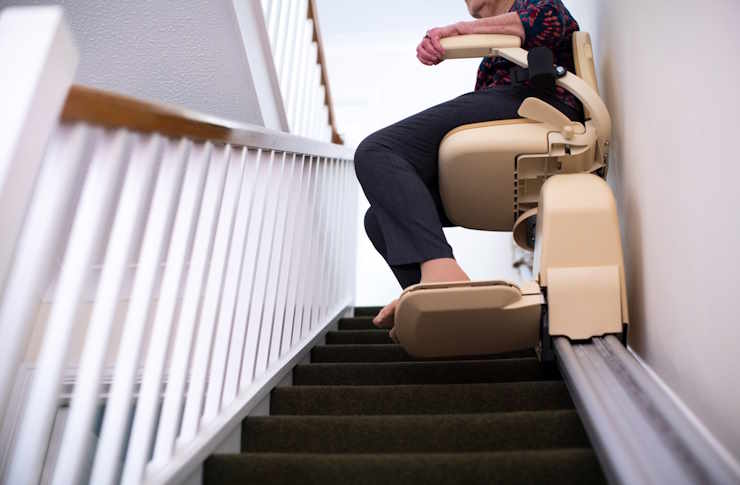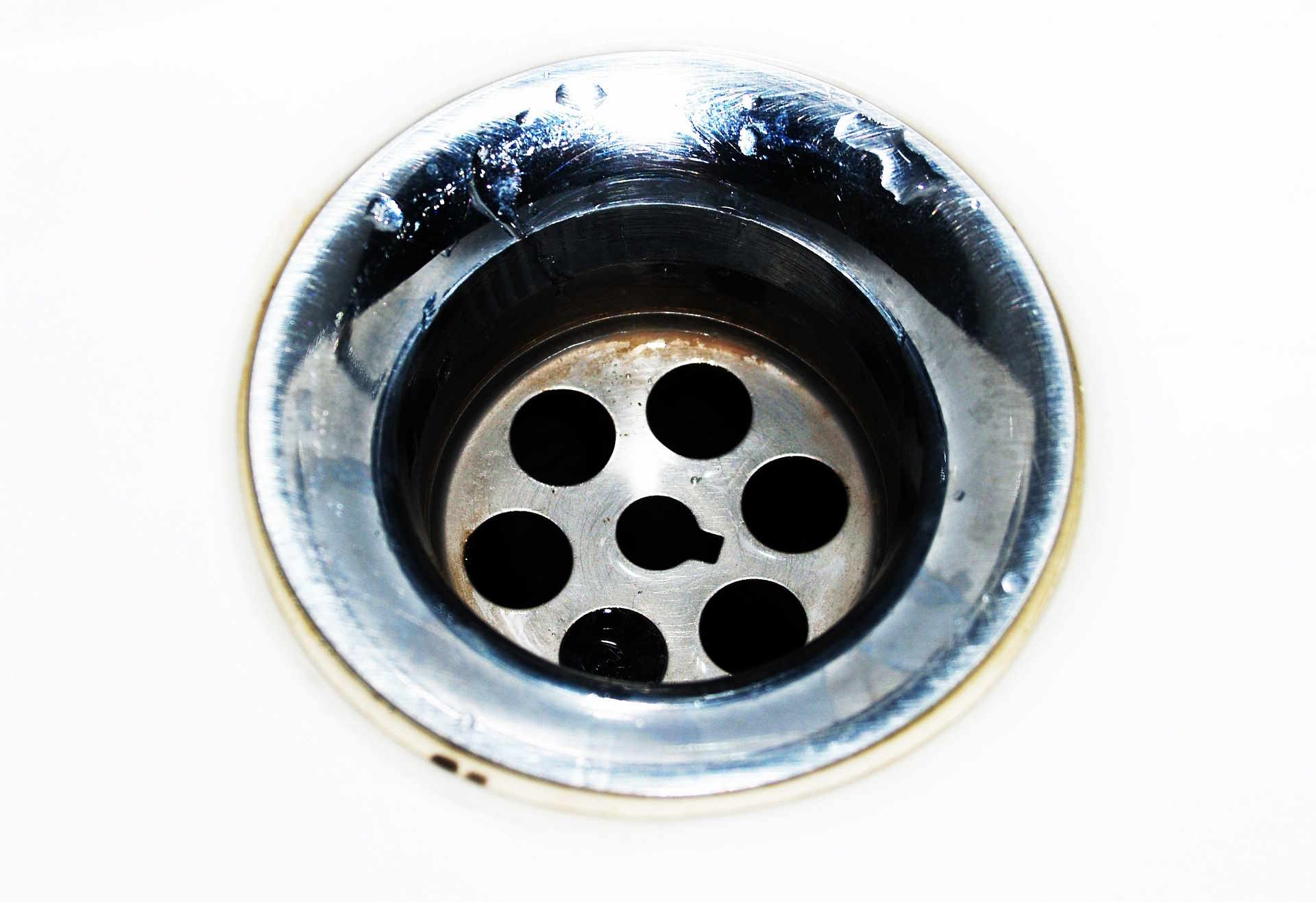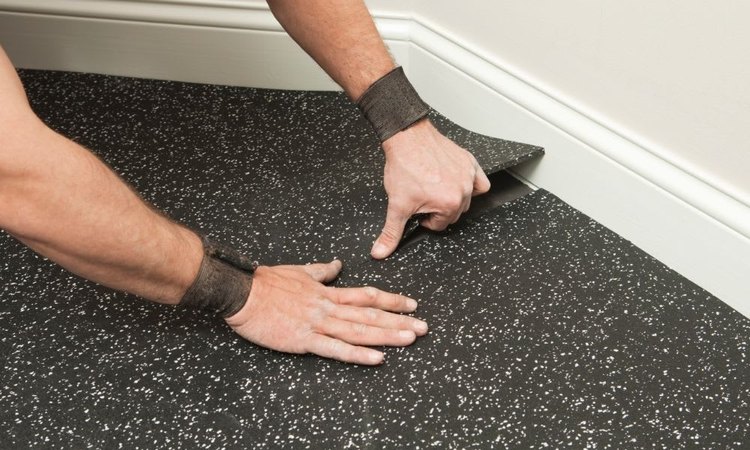Stair Lifts: Practical Support for Everyday Mobility
For individuals facing mobility challenges, navigating stairs can become a significant daily obstacle. Stair lifts offer a practical solution that helps maintain independence and safety at home. These innovative mobility aids transform challenging staircases into accessible pathways, allowing users to move freely between floors while preserving their autonomy and dignity.

Stair lifts have revolutionized home accessibility for individuals with mobility limitations. These mechanical devices mount to staircase rails, providing a safe and reliable way to navigate between floors without the physical strain of climbing stairs. For many, they represent the difference between maintaining independence at home and having to consider alternative living arrangements. As mobility needs evolve with age or physical conditions, stair lifts offer a practical solution that preserves both dignity and autonomy in familiar surroundings.
Understanding Affordable Stair Lift Options
The market for stair lifts offers various options to accommodate different budgets and needs. New stair lifts typically range from £2,000 to £5,000 for straight staircases, while curved stair lifts can cost between £4,000 and £10,000 due to their custom-made tracks. For those seeking more economical solutions, reconditioned units present savings of 30-50% compared to new models, often with warranties included. Some manufacturers also offer rental options, which can be cost-effective for temporary needs or when testing whether a stair lift is the right solution before committing to a purchase.
Choosing the Right Mobility Stair Lift
Selecting an appropriate stair lift involves assessing several factors unique to each home and user. Weight capacity represents a crucial consideration, with standard models supporting up to 135kg (21 stone) and heavy-duty options accommodating up to 190kg (30 stone). Staircase configuration also determines which models will work—straight staircases require simpler installations, while curved or multi-landing staircases need custom-designed tracks. User-specific features such as swivel seats, folding footrests, and remote controls can significantly enhance usability for individuals with specific mobility challenges. Additionally, considering the user’s long-term needs ensures the selected model will remain suitable as mobility requirements potentially change over time.
Comparing Stair Lifts with Hydraulic Home Elevators
While stair lifts and home elevators both address vertical mobility challenges, they differ significantly in several aspects. Stair lifts typically require minimal structural modifications, attaching to the staircase rather than the walls, making installation less invasive and more straightforward. In contrast, hydraulic home elevators need substantial structural alterations, including a shaft, machine room, and pit, often requiring building permits. Cost considerations also diverge dramatically—stair lifts generally range from £2,000 to £10,000 depending on complexity, while hydraulic home elevators typically start at £15,000 and can exceed £40,000. For homes with limited space, stair lifts present a more practical solution as they can be folded when not in use, whereas elevators permanently claim floor space on multiple levels.
Benefits of Small Platform Lifts
Small platform lifts offer an alternative solution for wheelchair users or those who cannot comfortably transfer to a stair lift seat. These compact vertical transportation systems can accommodate a person standing or seated in a wheelchair, making them ideal for shorter vertical distances like split-level homes or entrances with several steps. The footprint requirement is relatively modest, typically needing about 1-1.5 square meters of floor space. For outdoor applications, weather-resistant models provide accessibility between garden levels or from street to entrance. Many platform lifts can be installed without extensive structural modifications, offering a middle-ground solution between traditional stair lifts and full-scale home elevators.
Installation and Maintenance Considerations
Professional installation ensures safety and optimal performance of stair lifts, typically taking 3-4 hours for straight models and 1-2 days for curved systems. The process involves securing the rail to the staircase (not the wall), connecting the power supply, and thorough testing before handover. Most manufacturers recommend annual maintenance checks to examine critical components like batteries, motors, and safety features. Regular maintenance costs range from £75 to £150 per visit, while comprehensive service plans offering parts and labor coverage typically cost £200-£300 annually. Many modern stair lifts include diagnostic systems that alert users to potential issues before they cause breakdowns, helping to avoid emergency repair situations.
Stair Lift Provider and Cost Comparison
When considering a stair lift purchase, comparing providers helps ensure you receive the best value and appropriate features for your needs. The table below presents common providers in the UK market with their typical offerings and price ranges.
| Provider | Standard Straight Stair Lift | Curved Stair Lift | Warranty Period |
|---|---|---|---|
| Acorn Stairlifts | £1,800 - £2,500 | £4,000 - £7,000 | 12 months |
| Stannah | £2,500 - £3,500 | £5,000 - £8,000 | 24 months |
| Handicare | £2,000 - £3,000 | £4,500 - £7,500 | Up to 24 months |
| Companion Stairlifts | £1,700 - £2,800 | £4,000 - £6,500 | 12 months |
| Bruno | £2,700 - £3,800 | £5,500 - £9,000 | 24 months |
Prices, rates, or cost estimates mentioned in this article are based on the latest available information but may change over time. Independent research is advised before making financial decisions.
Stair lifts represent a significant investment in home accessibility and independence. While the initial cost may seem substantial, many users find the expense justified when compared to alternatives like home modifications or assisted living facilities. Additionally, some regions offer grants or financial assistance programs for mobility aids, potentially reducing out-of-pocket expenses. For those with temporary needs, rental options provide flexibility without the long-term commitment.
As mobility needs continue to evolve, stair lifts remain a practical solution for maintaining independence at home. By carefully evaluating available options, consulting with mobility specialists, and considering long-term requirements, individuals can select a stair lift system that provides reliable support for everyday mobility challenges. The right solution balances affordability, functionality, and adaptability to changing needs, ultimately enhancing quality of life through improved home accessibility.



